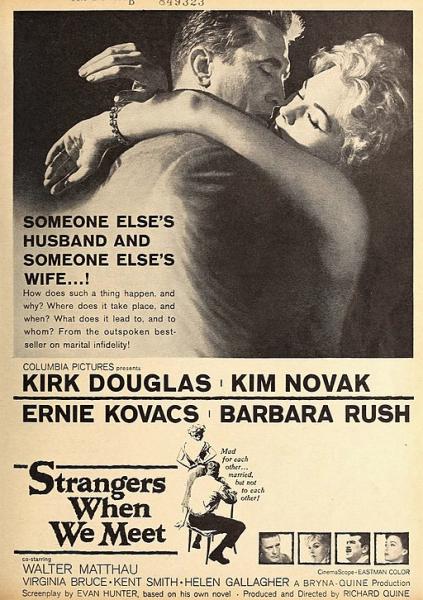There is always talk of the “life-work” balance which assumes that these are, in fact, separate activities. That assumption is also in play when we look at our behavior in those two settings. Are we very different individuals when we are working than when we are at play? A new study from the Proceedings of the National Academy of Sciences offers a view.
The study sought to differentiate between two theories of our behavior. One that the driver of our actions can be found in our “character traits,” the other, that context is more pertinent. Put in other terms, is our personal conduct the same as that at work; it is a difficult problem to tweeze out because our private behavior is rarely known. To identify personal conduct, researchers made use of hacked and publicly disclosed members of Ashley Madison - the online dating service for those already married, looking for a little action on the side.
The researchers matched those names with miscreants in three publicly available listings of professional misconduct for police officers, financial advisors, and white-collar criminals. [1]
- Police officers – the control were officers matched for age and experience. Police officers with records of misconduct were twice as likely to be among Ashley Madison subscribers as controls. As the number of misconduct cases increased, so did the likelihood of “looking for love in all the wrong places.”
- Financial advisors – the controls were advisors again matched for age and experience. Same results, although this time it was almost three times as likely be “screwing” the public and your marriage vows simultaneously.
- White-collar criminals – the controls matched for age, experience, and geographical location; rates of infidelity seem to vary by location. Same results, twice as likely to be unfaithful to their marriage and simultaneously to their clients. Insider training showed the highest association with infidelity.
The researchers took a deeper dive into those white-collar criminals looking specifically at chief executive financial officers, and how their behavior as measured by participation in Ashley Madison impacted corporate malfeasance as measured by SEC litigation. Once again, twice as many corporations led by ‘cheatin’ CEOs and CFOs faced litigation as controls. Moreover, the association did not hold for other C-suite officers – the influence of the top two officers, rather than “corporate culture” appeared to be the stronger driver.
As with all studies, there are limitations; in this instance, using Ashley Madison involvement as a proxy for personal behavior. It looks at only one form of unethical behavior and makes no allowance for change. There are certainly cases where an individual has made and recognized their error and returned to more ethical ways – redemption is real. But the data strongly suggests that life and work are not as separate as we might want to believe. Blaming behavior on contextual, situational reasons is more a rationale than a truth.
I would summarize this way; if an individual is going to cheat on someone they have publicly declared to be faithful to, what do you think they are going to do with you? We are more similar in our personal and work lives than we are different. As the researchers conclude,
“A possible implication of our findings is that the recent focus on eliminating sexual misconduct in the workplace may have the auxiliary effect of reducing fraudulent workplace activity.”
[1] Chicago police officers listed in the Citizens Police Data Project, financial advisors listed in BrokerCheck data from the Financial Industry Regulatory Authority (FINRA), and defendants in civil litigation by the Securities and Exchange Commission.
Source: Personal infidelity and professional conduct in 4 settings PNAS DOI: 10.1073/pnas.1905329116




